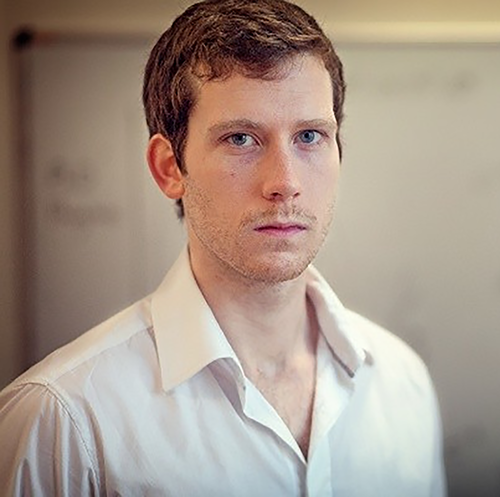Alumni Profile: Joe Hollinghurst
What I'm doing now and how the CDT experience has helped my career
I am currently an honorary associate professor at Swansea University and senior statistician at HEOR Ltd, specialising in data linkage and statistical methods using large administrative and health records. My current work focuses on the statistical analysis of medical interventions and the subsequent impact on adverse health outcomes.
The CDT allowed me to develop both personally and academically. The experience I gained developed my confidence to use my analytical skills in different contexts. It also enabled me to successfully disseminate my knowledge to international audiences. This helped me to apply and successfully gain prominent positions in both academia and industry.
Why I chose the CDT route and what I gained from being part of the CDT
Having a taught year before embarking on a 3-year research project was particularly appealing as at the time of application I had limited knowledge in engineering. The taught year gave me the opportunity to decide upon which aspects of communications engineering I most enjoyed and ultimately led to a more informed decision on what my PhD topic would be.
The strong links with industry were a distinct advantage throughout my PhD, and I had the opportunity to collaborate with an industrial partner. Having an industrial partner meant that the research topic was currently relevant, and that the research could be used in a real-life scenario. The industrial partners also encouraged me to do a summer internship, enhancing the variety of experience I gained throughout my doctorate.
PhD project topic
Following the taught year, I found that my skillset was most appropriate to a theoretical research project. This led to my thesis ‘Enabling Software Defined Networking in High Criticality Networks’ which broadly consists of both optimisation problems and queuing theory.
How the CDT training/secondments benefitted my PhD research
Communication skills are a major aspect of an academic career. The CDT developed both my presentation and writing skills throughout my time in Bristol. I had the opportunity to present research findings at the annual CDT conferences, as well as international conferences. The academics within the CDT also identified specific training opportunities for us to develop our skills including presentation and writing workshops.
My secondment took place in Reading, with Thales UK. I opted to do two placements with them, which allowed me to work on two completely different projects. The company made sure that the research was relevant to my skills, and that there was mutual benefit to the company and myself.
Five to ten year plan
Over the next 5-10 years, I plan to continue and develop my consulting and academic career. The CDT in Communications has given me the skills to become internationally known, and I strive to use the skills I developed to continue to research methodologies in health data science.

“The CDT allowed me to transition between mathematics and engineering, enabling me to apply my analytical skills in different contexts.”